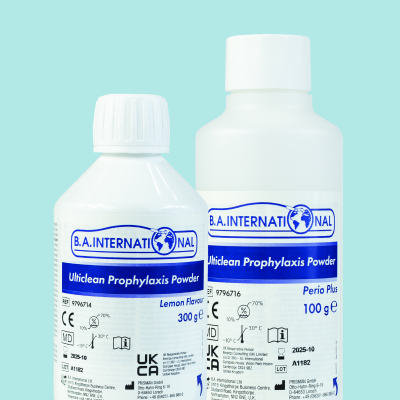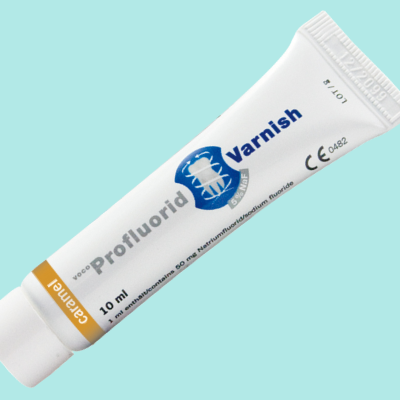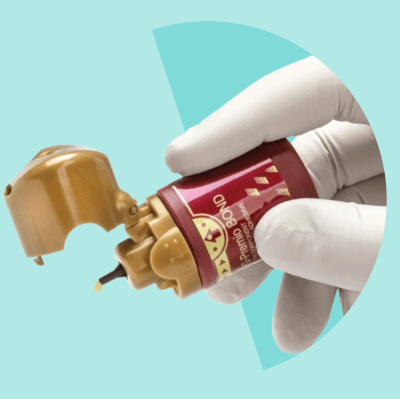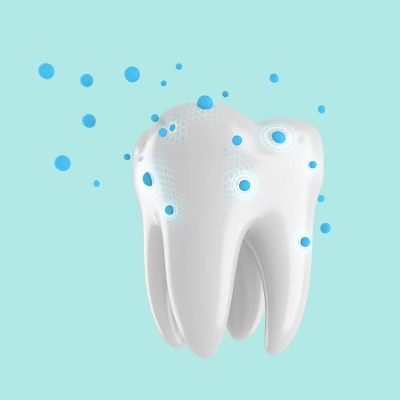In England around 10% of the population currently receives public drinking water that is fluoridated. This is around 6 million people mainly living in the West Midlands and the North of England. Most of these people (92%) receive it as part of a water fluoridation scheme, while the other 8% receive it because it occurs naturally in the region’s water. Despite it being proven to help prevent tooth decay, there is still no confirmation that the other 90% of the country will receive fluoridated water any time soon.
What is Water Fluoridation?
Water fluoridation is the process of adding fluoride to the water supply. Fluoride is a naturally occurring mineral found in soil, food, drink and water supplies in varying amounts. Some parts of the UK already have drinking water in which fluoride naturally appears at a concentration of one milligram of fluoride per 1 litre of water (1mg/l).
In other areas the fluoride concentration has been adjusted to these levels as part of a fluoridation scheme. The World Health Organisation recommends a maximum level of 1.5 milligrams of fluoride per litre of water to maximise the oral health benefits and protect against dental fluorosis. Dental fluorosis is a condition that can sometimes occur if a child’s teeth are exposed to too much fluoride when they’re developing.
What Are the Benefits of Fluoridated Water?
Fluoride is used in water and in oral hygiene products, such as toothpaste and mouthwash, to prevent tooth decay. It works by impeding demineralisation and enhancing the remineralisation of dental enamel by creating a surface that is less prone to acid attack.
Its main benefits can be summarised as follows:
- Rebuild (remineralise) weakened tooth enamel
- Slow down the loss of minerals from tooth enamel
- Prevent the growth of harmful oral bacteria
- Reverse early signs of tooth decay
Tooth decay is the most common reason for children aged five to nine to be admitted to hospital in the UK and is one of the most prevalent chronic diseases among children worldwide. There were approximately 37,000 hospital admissions of children to extract decayed teeth in 2019-20. This is despite tooth decay being an entirely preventable disease when the right measures are taken. There also exists large-scale inequalities in how much tooth decay negatively affects poorer families, which the coronavirus pandemic has only worsened. Artificially fluoridated water represents one way to tackle these inequalities and improve the UK’s overall record on tooth decay.
What Does Research on Fluoridated Water Show?
There have been several reviews of the safety and effectiveness of water fluoridation schemes.
Recent large reviews that have been carried out include:
- An evaluation of water fluoridation scheme in Cumbria – in 2021
- Royal Society of New Zealand: Health effects of water fluoridation – in 2014
- Cochrane Oral Health Group: Water fluoridation for the prevention of dental caries – in 2010
Overall, these reviews found that water fluoridation appears to contribute to reduced tooth decay levels and doesn't seem to be associated with any significant health risks.
Why is there resistance against water fluoridation?
Water fluoridation has been the subject of controversy for decades in the UK and worldwide. Much of the resistance to water fluoridation schemes arises from a belief that it infringes on people’s individual rights and represents a form of ‘mass medication’. Some medical professionals have also argued that fluoridated water has little to no benefits. This view appears a minority one among scientists and doctors as many national and international health agencies and dental associations have endorsed water fluoridation as safe and effective, including the British Dental Association (BDA), General Dental Council (GDC) and Oral Health Foundation (OHF) in the UK. Dr Nigel Carter of the OHF has described national water fluoridation as “the single most effective public health measure there is for reducing oral health inequalities and tooth decay rates, especially amongst children.”
In 2021, Chris Witty, Chief Medical Officer for England, also dismissed concerns linking fluorine to cancer as “exaggerated and unevidenced”. One potential risk of water fluoridation is fluorosis if fluoride is used in excess. Fluorosis can be seen as very fine, pearly white lines or flecking on the surface of the teeth (mild). Severe fluorosis can cause the tooth's enamel to become pitted or discoloured and has the potential to be lethal. However, research has shown that an average child weighing 18kg would have to drink 90 litres of fluoridated water in one go to reach toxic levels. To put this in perspective, most adults struggle to drink the recommended 2 litres of water per day. Fluoride water levels are monitored in the UK by the Drinking Water Inspectorate (DWI).
Is My UK Postcode Water Fluoridated?
A full list of postcodes with artificial or naturally fluoridated water can be found here.
What Other Dental Materials Release Fluoride?
There are plenty of preventative and oral hygiene materials dentists can use on and recommend to patients to prevent decay and promote oral hygiene compliance. Dental materials that release fluoride include: Fluoride Varnish, Prophy Paste, Prophy Foam & Gel, Fluoride Rinse, Mouthwash, Toothpaste, Tooth Whitening Gel, Pit & Fissure Sealant















